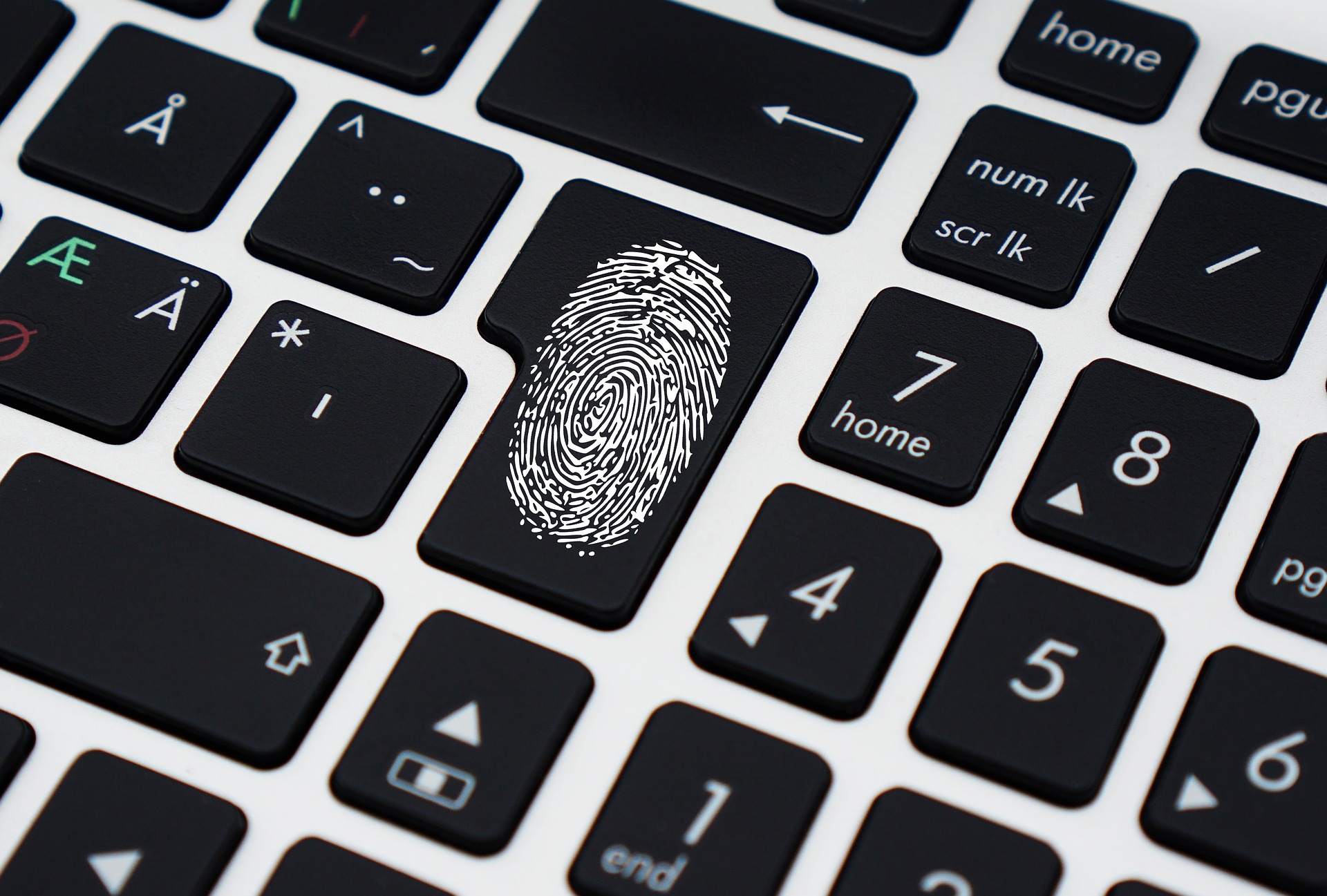Verifying your identity in the gig economy
How to verify the identity of gig workers and customers

Remember when it seemed novel to use a phone app to hire a private driver to take you to your destination or deliver your groceries? No more. The gig economy is now so much a part of our daily lives that Mastercard estimates global gig economy transactions, including everything from ride-sharing to freelance professionals, will reach $455 billion by 2023, a figure larger than the GDP of many countries.
Sanjay Gupta is the global head of product and corporate development at Mitek Systems.
Whether people need a house sitter, a dog walker, a ride to the airport or a graphic artist, the gig economy runs on convenience, speed – and trust. The person requesting the service must trust that the gig worker who responds to their request has been vetted and is who they say they are. The gig worker must have the same level of assurance about the person getting into their car, inviting them into their home or hiring them to complete a project.
Some companies operating gig platforms establish a baseline identity verification standard when enrolling new employees and clients, even this level of ID verification is not universal. Now that the gig economy has matured and fraud and safety threats have become more sophisticated, it is time for companies that ask for public trust to adopt security measures that verify identities at both ends of a gig transaction.
It is critical for any company doing business online to assure its customers that their transactions and personal data are safe. The following recommendations are applicable to any company, but especially important to gig platform companies that specialize in fast-turn relationships with their workers and customers, all of whom come and go.
Deploy a robust identification verification system
If you haven’t already deployed a full-featured identification verification system to prove the identity of new customers and gig or freelance workers, this should be a top priority for your immediate future.
With the rapid rise of deepfakes, spoofs and other nefarious technologies, online criminals can create a fake identity and even a completely new persona with just a sliver of data or a photo from an actual person, all readily available, thanks to social media, to defraud you – or your customers by acting in your name.
Today’s enterprise-level ID verification systems provide professional-grade protection that does not impact the quality customer experience your success depends on. They ensure the protocols for opening an account are strong enough to validate a users’ identity and prevent unauthorized account sharing. Further, they combat fraudulent account takeovers, yet do not cause friction that frustrates customers or prompts them to take their business elsewhere.
Sign up to the TechRadar Pro newsletter to get all the top news, opinion, features and guidance your business needs to succeed!
The most powerful ID verification systems combine several technologies, including biometrics, to form the “linked and layered” system of protection most recommended by security professionals.
Use trust as a differentiator
Once an enterprise-grade ID verification system is in place, not only will your company be safer, but you will also now have a powerful marketing tool. People want to do business with companies they trust. Some brands have invested years in building a name and developing a following that inherently trusts the company, but that’s rare. Most companies will benefit by clearly and up front sharing how much they value their customers’ trust.
Let your customers and gig workers know that you take their protection and the security of their transactions seriously and you will win their loyalty.
Move from initial ID verification to ongoing authentication
What happens if one of your ride-sharing gig workers is too busy to sign on for a shift and tosses their keys to their child or a friend? Is your ID verification system robust enough to be able to stop that unauthorized person from driving on your behalf? Or how can a person who employs a writer or artist on your freelance platform be sure the writer with the advertised credentials completes the assignment instead of subcontracting it to someone else?
Even as we bolster the security system that governs how people open online accounts with our companies, security professionals are starting to talk about the advantages of ongoing ID authentication. An approach that ensures the person you enrolled as a customer is still the person you are doing business with. That’s not as outlandish as it sounds. Account takeovers – when thieves take over or gain access to an individual’s or even a company’s accounts can lead to theft of bank accounts, passwords and data that put a company at serious risk.
We’ve talked about the advantages of working with a technology partner to deploy strong initial security and ID verification protections. In the coming months, we will hear more about companies moving into a passwordless future that deploys systems capable of continually authenticating people’s identities. Systems that, again, provide additional layers of security but do not impede company employees, gig workers or their customers use of the platform.
Fighting online fraud will always be a cat and mouse game. But as much as there are criminals willing to deploy the latest technologies to steal people’s money and identities, there are dedicated identity protection professionals working 24/7 to stay ahead of them.
At TechRadar Pro, we've featured the best online cybersecurity courses.
Sanjay Gupta is the global head of product and corporate development at Mitek Systems, a global leader in digital identity (ID) verification and fraud prevention.